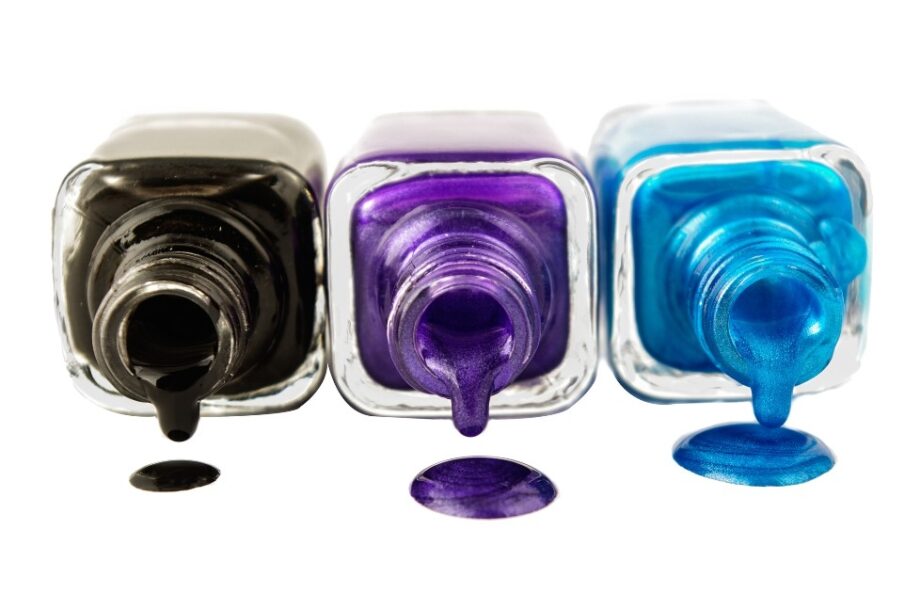All four of the creators of Undercover Colors have said that they know someone who has endured a sexual assault. I believe them when they say that they have the best of intentions, and they hope their product empowers women to prevent sexual assault. Yes, I believe that they believe they are empowering women. But I also think they're missing a few larger points.
Every year on college campuses, a component of the orientation invariably includes a guide for female students on how to prevent rape. But see, the impetus for preventing rape is not, and never should be, on women (um, unless they're rapists, I guess). Sexual assault is the only crime where the victim is routinely perceived to be at fault or "partially responsible" for someone else's criminal behavior. What she was wearing, where she was and at what time, and what she may or may not have ingested can all come into question, deflecting blame and responsibility from the actual perpetrator of the actual crime. (Read 10 Myths About Rape/Sexual Violence to get the facts straight.)
A product like Undercover Colors, by its very existence, puts the responsibility for preventing rape in the hands of the potential victim. It's up to her to use the product to detect whether or not someone has spiked her drink. Katie Russell (from Rape Crisis England & Wales) explains why her organization declined to support or endorse the product, "We work with victims to make them realize that they did nothing wrong…some do ask if they could have done anything to stop it. Products like this suggest otherwise. The emphasis must be placed 100% on the perpetrator." I couldn't agree more.
Undercover Colors has already kicked up a stir on social media sites. Some are singing its praises while others reject the concept behind the product. Do products like this encourage the mindset that women are primarily responsible for preventing sexual assault? Even if that's true, does this mean that a product like Undercover Colors has no place in the market? Are there other applications that would be more appropriate? More importantly, how to we change the dialogue so that products like this aren't even needed? (Read Yes! Why Consent is Totally Sexy to de-blur the lines that mark consensual sex).


















